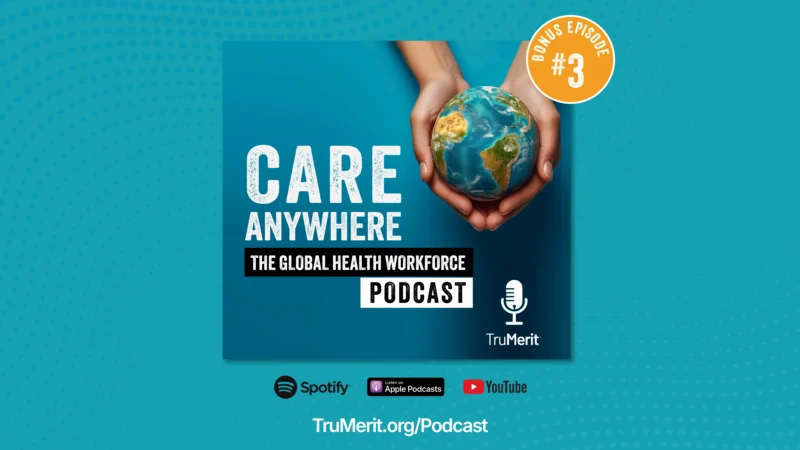The Role of AI in Nursing: Aiding Healthcare Workers Without Losing the Human Touch
Recent studies from FAU’s College of Nursing reveal significant apprehension among nursing professionals and students regarding the integration of artificial intelligence (AI) in nursing. Over half of the respondents express concerns about AI’s impact on the human elements essential to effective care. This skepticism underscores a crucial moment in healthcare—how can technology enhance rather than diminish the quality of personal care?
What can be the role of AI in nursing? Can it augment without overshadowing the invaluable human element?
Davy Wittock, Chief Business Officer at Flux, provides expert analysis on the potential of AI to support rather than supplant nursing professionals. His insights delve into how AI can improve efficiency and decision-making while maintaining the core values of nursing care.
Key Takeaways from Wittock’s Analysis:
Precision in Procedures: AI can enhance surgical precision by providing real-time data and visualizations, aiding doctors during operations without taking the lead.
Virtual Assistance: AI-driven virtual assistants can enhance patient engagement by managing routine inquiries, sending reminders, and monitoring health statuses—functions that support rather than replace human interaction.
Health Monitoring: AI tools can preemptively notify patients about critical health metrics, such as blood sugar levels, helping manage chronic conditions more effectively.
Operational Efficiency: AI has the potential to streamline hospital operations, from scheduling to managing supplies, thereby freeing up nurses to focus more on patient care.
Complementing Human Care: Despite reservations, AI’s role is seen as supportive, enhancing the nurses’ capabilities rather than replacing them, ensuring that the technology is leveraged to improve patient outcomes without compromising the personal touch.
This exploration sheds light on the nuanced ways AI can be integrated into nursing, aiming to bolster the profession by enhancing the tools at their disposal while safeguarding the indispensable human connection in healthcare.
Article written by MarketScale.









